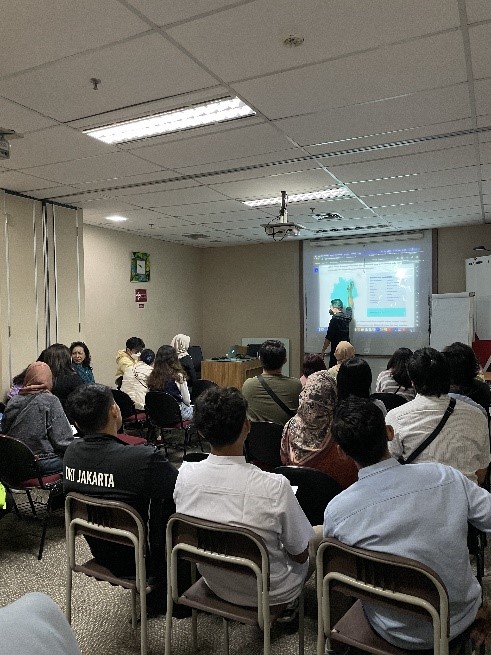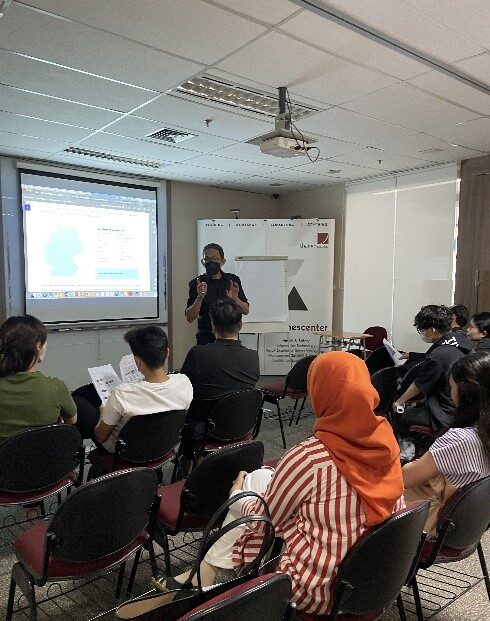Today Thames Education Expert had a guest speaker from Flensburg University, namely Dipl. Kfm Andrei. Studying abroad is an exciting opportunity for personal and academic growth, and Germany has emerged as a popular destination for international students seeking quality education and diverse cultural experiences. However, like any educational venture, studying in Germany comes with its own set of advantages and challenges. Let’s explore the pros and cons:
Pros:
Quality Education: Germany is renowned for its high-quality education system, with many universities ranking among the top institutions worldwide. Students benefit from rigorous academic programs, state-of-the-art facilities, and world-class faculty.
Affordable Tuition Fees: Compared to other study destinations like the UK or the US, tuition fees in Germany are relatively low, especially at public universities. Some states even offer free tuition for international students, making higher education more accessible.
Strong Economy and Job Opportunities: With a robust economy and a thriving job market, Germany offers excellent career prospects for graduates. International students can take advantage of post-study work opportunities, including a 18-month job search visa after graduation.
Cultural Diversity and Vibrant Student Life: Germany is known for its rich cultural heritage and vibrant student communities. Studying in Germany allows students to immerse themselves in a multicultural environment, participate in exciting cultural events, and make lifelong connections from around the world.
Focus on Research and Innovation: German universities are at the forefront of research and innovation, offering students the chance to collaborate with leading researchers and work on cutting-edge projects in their field of study.
Cons:
Language Barrier: While many German universities offer programs taught in English, proficiency in the German language is often required for daily life and integration into the local community. International students may face challenges in navigating bureaucracy or social situations without a basic knowledge of German.
Cost of Living: While tuition fees may be low, the cost of living in Germany, particularly in cities like Munich or Berlin, can be relatively high. Rent, groceries, and other expenses can add up quickly, especially for students on a tight budget.
Bureaucratic Procedures: Germany’s bureaucratic procedures, such as visa applications and registration processes, can be complex and time-consuming. Navigating these administrative hurdles may require patience and careful planning.
Competitive Admission Process: Admission to popular programs at German universities can be highly competitive, especially for international students. Meeting admission requirements and securing a place in your desired program may require strong academic credentials and thorough preparation.
Cultural Adjustment: Adjusting to a new culture and way of life can be challenging, particularly for students who are accustomed to a different social or educational environment. Overcoming cultural differences and building a social support network may take time and effort.
In conclusion, studying in Germany offers a wealth of opportunities for personal and academic growth, but it also presents its own set of challenges. By weighing the pros and cons carefully and being prepared for the unique experiences that studying abroad entails, students can make the most of their educational journey in Germany.


